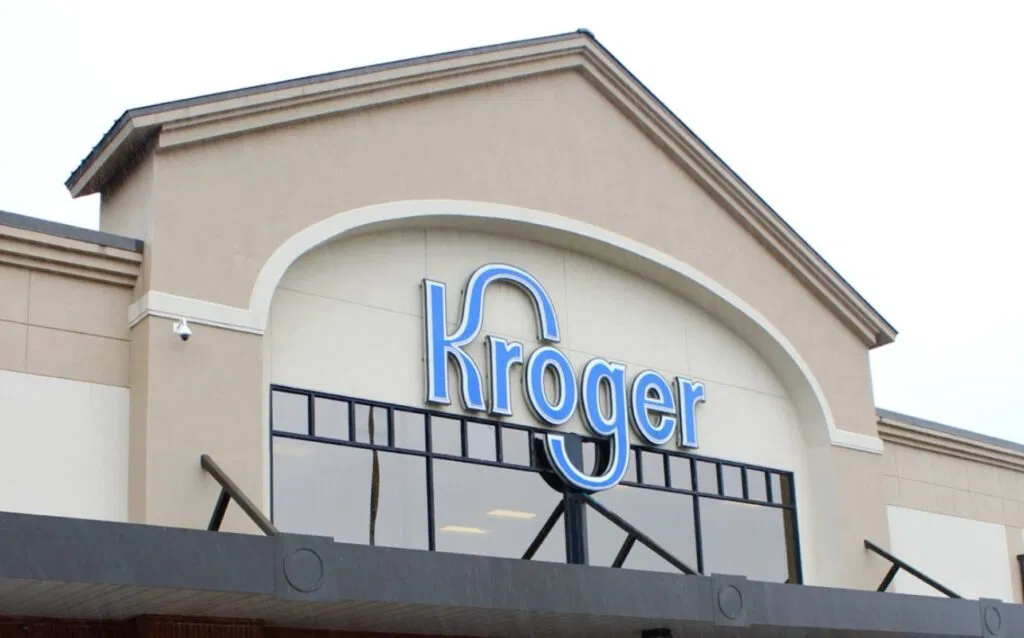
Online Sportsbook: A shift in player retention?

Depending on your state, you’ve likely seen advertising for DraftKings, FanDuel or another online sportsbook since online sports betting became legal in the US over four years ago. Mobile sportsbooks are spending billions of dollars on promoting regulated mobile sports betting availability and encouraging players to choose their platforms with bonus offers and other incentives.
As more states legalize sports betting (currently, sports betting is legal in 36 states and Washington DC), the competition to acquire as many players as possible has been a major theme of the industry. Acquisition is expensive, causing revenue and profitability to drop, which – understandably – is not good news for shareholders. As the industry begins to mature, operators must shift to prioritizing loyalty and retention of newly acquired players to maintain market share.
Why is player retention important?
While player acquisition is a must for online gaming platforms, it does come with a cost. Advertising and bonuses are not cheap. The cost per acquisition continues to increase and must be justified via comparable lifetime player value. If a player leaves the platform, it’s a loss that’s hard to make up. Player retention is a crucial measure for an online sports betting platform — the higher the retention rate, the higher the revenue. According to recent research, a 5% increase in player retention can result in a 25% profit increase.
Players in the US are known to shop around for the best promotional offer rather than remaining loyal to a specific sportsbook. On average, only 52% of bettors make more than two deposits, and only 4% are loyal to a platform for longer than a year. During the first three months of legal sports wagering in New York, bettors used an average of three betting apps despite record acquisition spending by operators.
Players in the US are known to shop around for the best promotional offer rather than remaining loyal to a specific sportsbook.
What is causing the shift to retention?
Online sportsbooks are shifting to player retention for several reasons. First, consumers are reducing their discretionary spending as inflation rises and a recession appears imminent. It doesn’t make sense for operators to spend so much on acquisition in an environment where consumers have less money to spend.Second, the main type of advertising for customer acquisition is offering generous bonuses such as first-time deposit bonuses
or risk-free bets. When the platform pays out bonuses, there needs to be a return on the investment. This is harder to justify in the current economic conditions.
Thirdly, sports betting has been legal in the US for over four years and there’s a level of maturity in some markets, such as New Jersey and Pennsylvania. People are aware online sports betting is legal in these markets, therefore awareness is not an issue. The heavy spending isn’t as necessary, and platforms can focus on increasing margins and profitability.
How can operators retain players?
The player experience is the key to retention. Giving players free money may work in the short term, but the best way to retain them is to keep them engaged in your platform with personalization and provide them with the seamless experience they want.
Some US sportsbooks are already shifting their focus from acquisition to retention. In May, Caesars Entertainment canceled more than a quarter billion dollars in scheduled marketing plans. Instead, Caesars will lean heavily on retaining its already-acquired players and leveraging cross-sell strategies from its other products, such as land-based casino patrons, as it aims for profitability. While first-time bonuses can motivate new players to choose one platform over another in the short term, players need a reason to remain loyal in the long term. For example, some online sportsbooks offer a free bet at the end of each week if the player maintains a specific deposit amount the prior week. Customers have a reason to keep coming back.
Giving players free money may work in the short term, but the best way to retain them is to keep them engaged in your platform with personalization and provide them with the seamless experience they want.
Offering tailored promotions and bonuses to players is a critical component of retention. Operators collect detailed data and insights, to understand players’ interests and behaviors. The more they know about players, the more they can personalize messaging and experiences to encourage repeat engagement. If a player wagers on golf frequently, the sportsbook can personalize the offers and experiences around golf. The player is less likely to accept if the offers are around baseball.
Will the shift to retention work?
The question many online platforms ask is whether the focus on retention is worth cutting acquisition costs. Of course, operators do not have to retain every customer. Many of the larger, more established online sportsbooks, such as DraftKings and FanDuel, continue spending on TV ads and enticing sign-up bonuses, considering it part of the gamble that they will earn several thousand dollars over the lifetime of an average customer. But increasing player retention is still a crucial objective to return value to shareholders and demonstrate to Wall Street that sports betting can be profitable.
New entrants or smaller operators may take any shift to retention from large operators as an opportunity to go against the grain and embark on an aggressive acquisition strategy. At this stage of market maturity, expect to see acquisition and retention strategies by operators pivot at both the national and state level.
Tags/Keywords
Players trust our reporting due to our commitment to unbiased and professional evaluations of the iGaming sector. We track hundreds of platforms and industry updates daily to ensure our news feed and leaderboards reflect the most recent market shifts. With nearly two decades of experience within iGaming, our team provides a wealth of expert knowledge. This long-standing expertise enables us to deliver thorough, reliable news and guidance to our readers.






